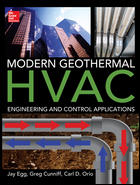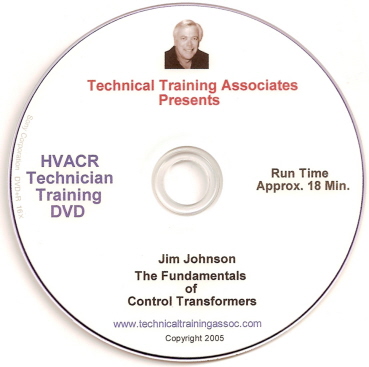One-Stop Capsule Making
Technophar¿s success came as a result of closely monitoring trends in the worldwide capsule market. In 1984, Technophar emerged and began to manufacture a modernized hard capsule machine. However, in 1989, the hard capsule market began declining and the company reevaluated its marketing approach to the business. The company found a need for total systems design and began offering turnkey projects with its hard capsule equipment as the focal point. Later, recognizing an upswing in the soft gelatin capsule market, Technophar further diversified and began focusing more of its attention towards soft gel encapsulation. Today, it offers both hard and soft capsule technologies for their turnkey program and manufacture hard and soft capsule machines.When Technophar provides a turnkey package, it offers its customers all the elements necessary for an entire capsule manufacturing operation, making them one of the few ¿full-service¿ turnkey providers in the world. It delivers the entire manufacturing process in one package; this includes architectural information on building the facility, the gelatin preparation equipment, and all of the gelatin capsule manufacturing equipment and auxiliary equipment. Technical assistance and complete training of the employees is also provided.
In 1995, with the demand for turnkey services and capsule machines growing, the company decided to further diversify and begin contract manufacturing hard- and soft- gel products. This decision prompted Technophar to design and build a new 54,000-sq-ft facility, featuring a complete R&D center along with machine manufacturing and capsule production areas.
Having designed complete pharmaceutical facilities for its customers for years, Technophar now found itself with the responsibility of designing its own facility from start to finish. Well aware of the specific design requirements associated with pharmaceutical operations, it especially knew the importance and challenge of maintaining precise temperature and humidity control throughout the soft and hard gel manufacturing operation.
Proper Humidity Control
Proper humidity control is essential in the manufacturing and drying of gelatin capsules. A soft gel encapsulation area requires controlled humidity and temperature to ensure the proper drying of the fragile soft- gelatin capsule. Initial drying is done in tumbler dryers where the product is tumbled and air is forced across the falling capsules to remove moisture in the first stage of drying. After the tumbler dryers, the soft capsules are placed on special trays for final drying in the drying room. During this important stage, moisture from within the capsule web is drawn to the surface and evaporated. It is critical that the capsules be dried in the proper time cycle to ensure the product is dried completely; otherwise, shelf life suffers.The total soft- gel process was designed to take place in three separate rooms with differing conditions. The production area where capsules are formed and dried initially requires about 70?F and 25% to 30% rh. The drying room where 60% to 70% of the capsule drying takes place, requires about 70? and 20% rh. The sorting, inspection, and packaging area is held at about 70? and 30% rh also. Obviously, a flexible hvac system was needed to supply the proper conditions to each room continuously and efficiently.
Technophar investigated different desiccant dehumidification systems, but after reviewing service requirements, especially suitability in handling oil-entrained, recirculated air, system performance reliability, and energy costs, the choice was clear. An energy analysis concluded a 55% annual savings in utilities with the use of a liquid desiccant dehumidification system vs. a dry system.
Technophar turned to Kathabar Inc., (New Brunswick, NJ) for its temperature and humidity requirements. Kathabar liquid desiccant dehumidification systems operate on the principle of chemical absorption of water vapor from the air using a liquid desiccant. Controlling the temperature and concentration of the desiccant solution enables delivery of the desired air temperature and humidity, regardless of air inlet conditions. This liquid desiccant, Kathene, is non-toxic, does not vaporize, and is not degraded by common airborne contaminants. In addition, the desiccant solution kills and removes up to 94% of all airborne bacteria, virus, and mold ¿ essential in maintaining the tight quality standards demanded by the pharmaceutical industry.
The Kathabar system provides the needed flexibility demanded in every soft- gel application. In addition to maintaining a sterile environment, the system can be adjusted to maintain lower or higher humidity if required room conditions should change. According to Constantine Alionte, senior vice president of operations, ¿Soft- gel production takes into effect many variables; most important of which is humidity. Kathabar gives us the precise and flexible control we need. Kathabar raises the level of quality and efficiency of the complete capsule plant, and its continued success leads to ours.¿







